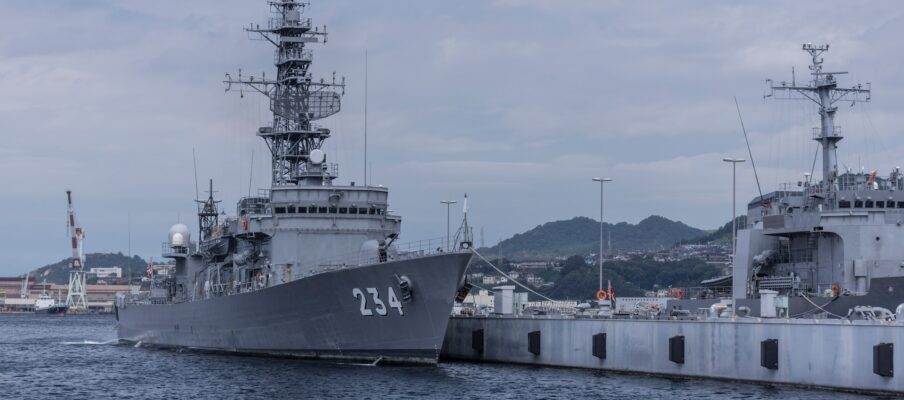A contract for constructing a littoral combat ship (LCS) is a significant milestone in developing naval vessels. The littoral combat ship is a class of warships designed for operations close to shorelines and in shallow waters, making it highly versatile for various missions, including anti-submarine warfare, mine countermeasures, and surface warfare.
The process usually begins with the US Navy or a foreign navy (depending on the buyer) issuing a Request for Proposal, outlining their requirements and specifications for the LCS they wish to acquire. It’s important to note that the specifics of the contract and the construction process may vary depending on the Navy, the shipyard, and the particular LCS variant being constructed. Signing an agreement to build an LCS is a major milestone reflecting a significant investment in naval capabilities and national defense.
Why it is important to sign a contract for littoral combat ship construction:
Legal Recourse:
In case of disputes or breaches of contract, the signed agreement provides a legal basis for recourse, which can include mediation, arbitration, or, in extreme cases, litigation. This legal framework helps protect the interests of both parties.
Transparency:
A well-structured contract ensures transparency and accountability in construction, as all project details are documented and agreed upon. This transparency can help build trust between the parties involved.
Cost Control:
The contract specifies the construction cost, including the budget and payment schedule. This is crucial in managing and controlling the project’s budget, ensuring it stays within approved financial limits.
Project Scope:
The contract defines the scope of work, technical specifications, and performance requirements for the LCS. This helps ensure that the ship’s design and capabilities align with the Navy’s operational needs and expectations.
Quality Assurance:
Contracts often include quality assurance and testing procedures, which are vital for maintaining the high standards of naval vessels. These procedures are designed to ensure that the LCS is built to meet specific safety and performance standards.
Timelines and Milestones:
The contract specifies project timelines, milestones, and delivery schedules. This ensures the construction process adheres to a structured timeline, enabling the Navy to plan for future deployments and resource allocation effectively.
Bottom lines:
Signing contracts for Littoral Combat Ship construction is not just a formality but a crucial step in ensuring the success of these vital naval assets. They provide financial clarity, risk mitigation, legal protections, and the foundation for project accountability and quality assurance. By upholding these contracts, we secure the future of naval defense and maintain public trust.
Ultimately, the importance of signing contracts for LCS construction lies in building and maintaining public trust. Transparent, well-managed contracts reassure taxpayers that their investments are secure and that the government is acting responsibly.
